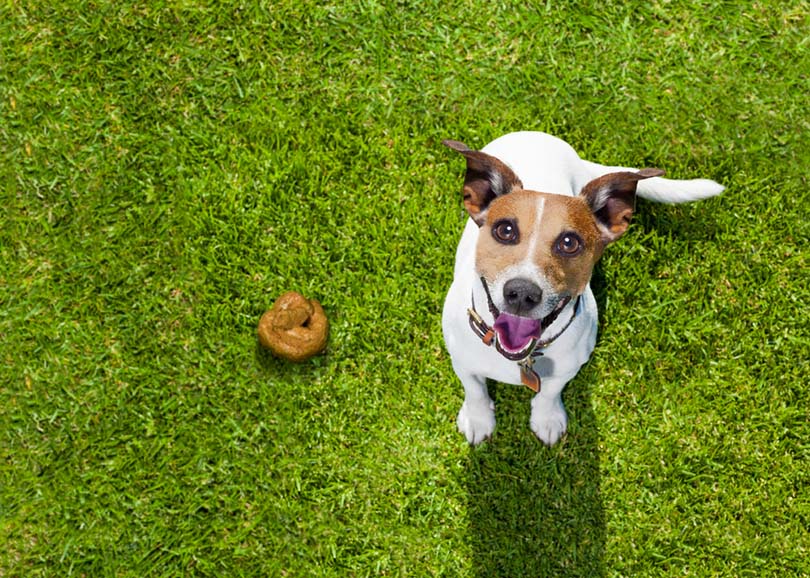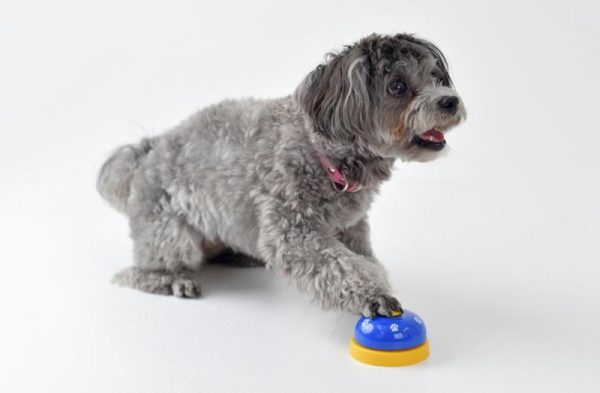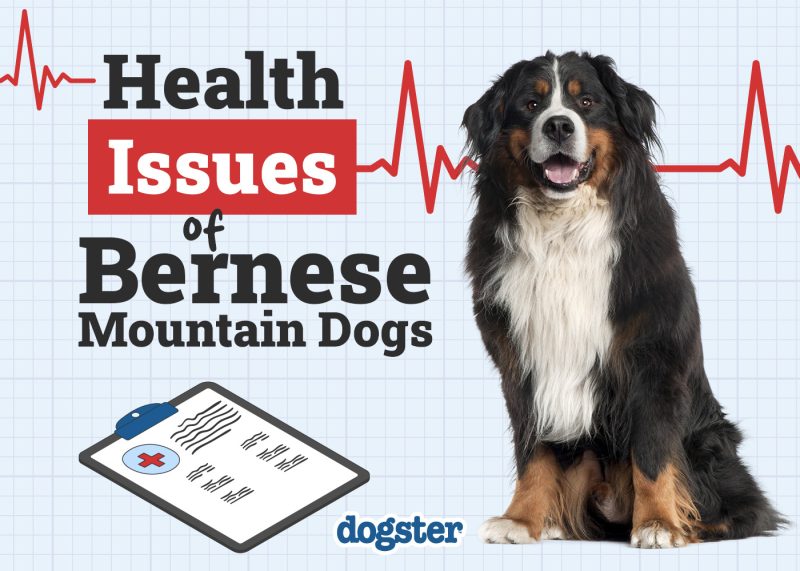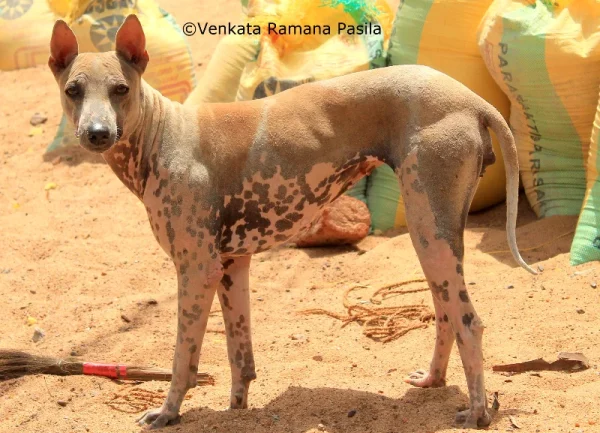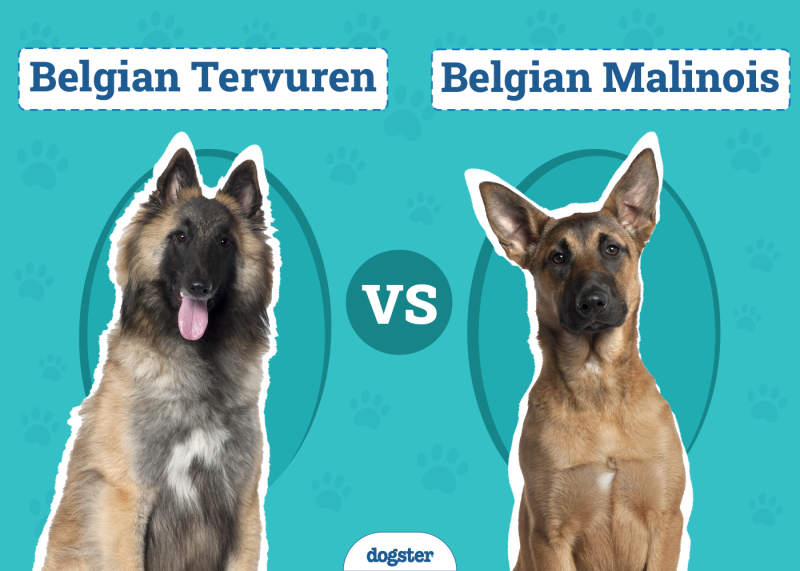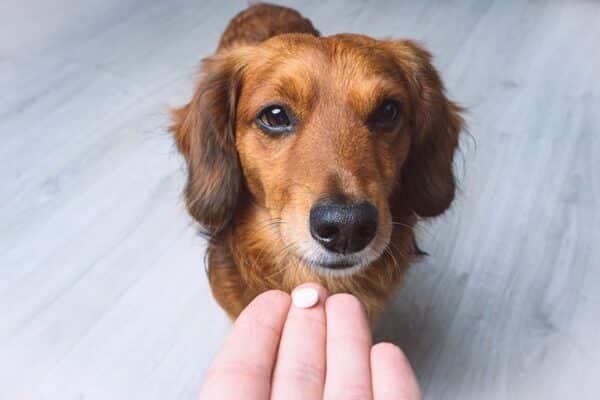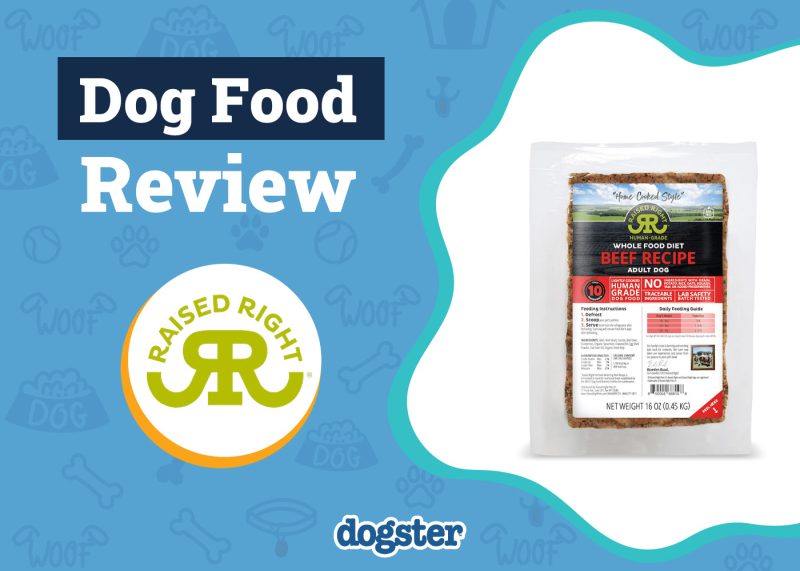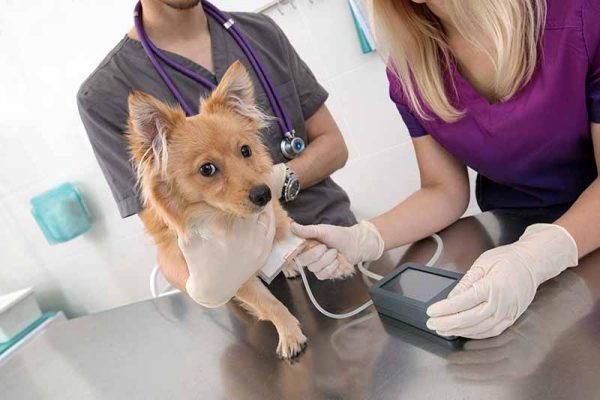In this article
As a dog owner, you know that dealing with dog poop is part of everyday life. However, how much pooping is considered normal, and when does it become excessive? Many things can affect how much your dog poops each day.
In this article, we look at why your dog might be pooping so much and what you can do about it. We also learn the differences between healthy and unhealthy poop so you know when something isn’t right. If your dog seems to be going more often than you think they should, read on for reasons that this may be the case.

The 6 Reasons Why Your Dog Poops So Much & What to Do
1. Overeating
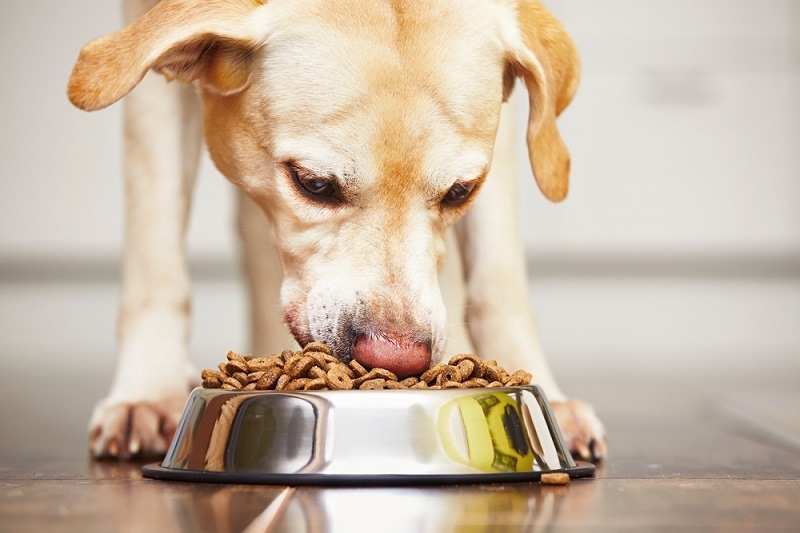
What goes in must come out. If your dog has been pooping more than usual lately, they may be eating too much. It’s easy to offer your dog snacks during the day in addition to their meals. It’s also easy to lose track of how much they’re actually eating.
Table scraps also count toward your dog’s calorie intake each day. You might think that it’s no big deal to give your dog the last few pieces of chicken from your plate. But with those in addition to their own meals and snacks during the day, their food consumption can quickly add up.
What to Do
If your dog is pooping more than they normally do, consider how much food they’re eating and if there’s been an increase lately in treats and table scraps throughout the day. Ask other members of the household if they’re also feeding them. They could be getting multiple meals without you knowing. If there’s no increase in the amount that they are being fed, they could be stealing table scraps or treats from counters, tabletops, or the garbage can. Make sure any food that is not meant for your dog, is always out of their reach.
Be sure to feed your dog the recommended number of calories per day that they need based on their breed, weight, age, and activity level. Measure out their meals to ensure they don’t overindulge.
2. New Diet
A new diet can cause changes in your dog’s bathroom habits. Once a dog is used to a certain food, it can take their bowels a while to adjust to a new one. If your dog is switching to a new food, it’s best to do so gradually. Dog food that is higher in fiber will also lead to increased pooping as your dog gets used to it.
What to Do
If you’re changing your dog’s food completely, start with a mix of 20% new food and 80% old food, slowly increasing the ratio of new food and decreasing the ratio of old food each day. This will be gentler on your dog’s digestion and avoid any stomach upset and diarrhea. Once your dog is eating the new food only, it may take 2 weeks before their bowels return to a regular schedule.
If the dog’s pooping remains excessive, they may not be getting the nutrients that they need from the new food. High protein, healthy fats, low carbs, vitamins, and minerals are good things to look for in the ingredients.
3. Stress
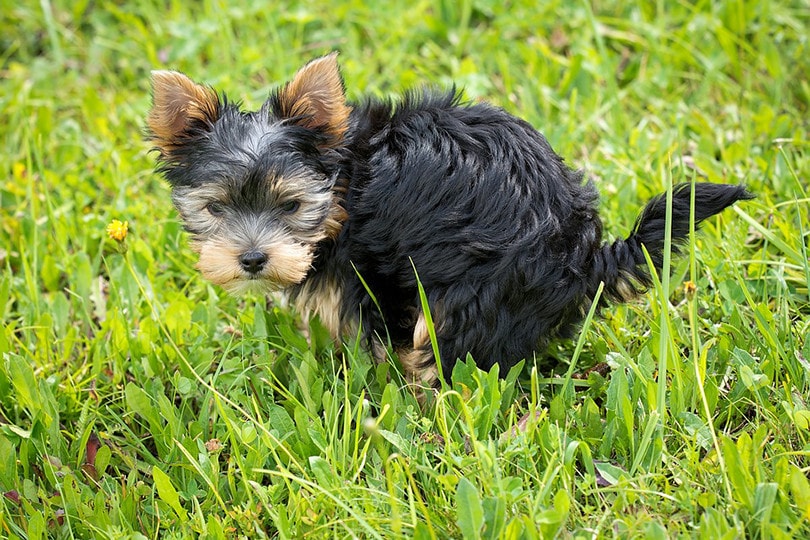
Stress and insecurity can cause changes in your dog’s pooping frequency, especially overnight. If a dog is stressed, they may poop in the house even if they’re housebroken. Dogs are creatures of habit, and anything new in their routine can leave them unsettled. A new family member, a new pet in the house, or a change in residence can cause anxiety and stress in your dog, leading to an upset stomach. This may lead to increased pooping.
What to Do
If your dog is going through many changes, give them time to adjust. Try to make the adjustment period as stress-free as possible by being as consistent as you can. Also make sure they get enough attention from you.
Ensure they are getting healthy nutrition in their diet and enough exercise daily. Just like with people, stress can be managed with healthy diets and physical activity. Create a safe space for them in the house where they can retreat when they feel overwhelmed. If the problem doesn’t clear up in a few weeks, it’s best to check with your vet to rule out any health problems.
4. Medication
Certain medications can make your dog poop more. Some can cause upset stomachs, which can not only lead to more poop but also diarrhea. Steroids can lead to increased pooping because it causes an increase in appetite. If your dog eats more, they’ll poop more.
What to Do
If your dog is on medication for a limited time, see if the problem resolves on its own after the treatment is completed. If this is a medication that they will be on for the long term, it’s best to talk to your vet about ways to treat this side effect. Another supplement like a probiotic may be helpful.
5. Age
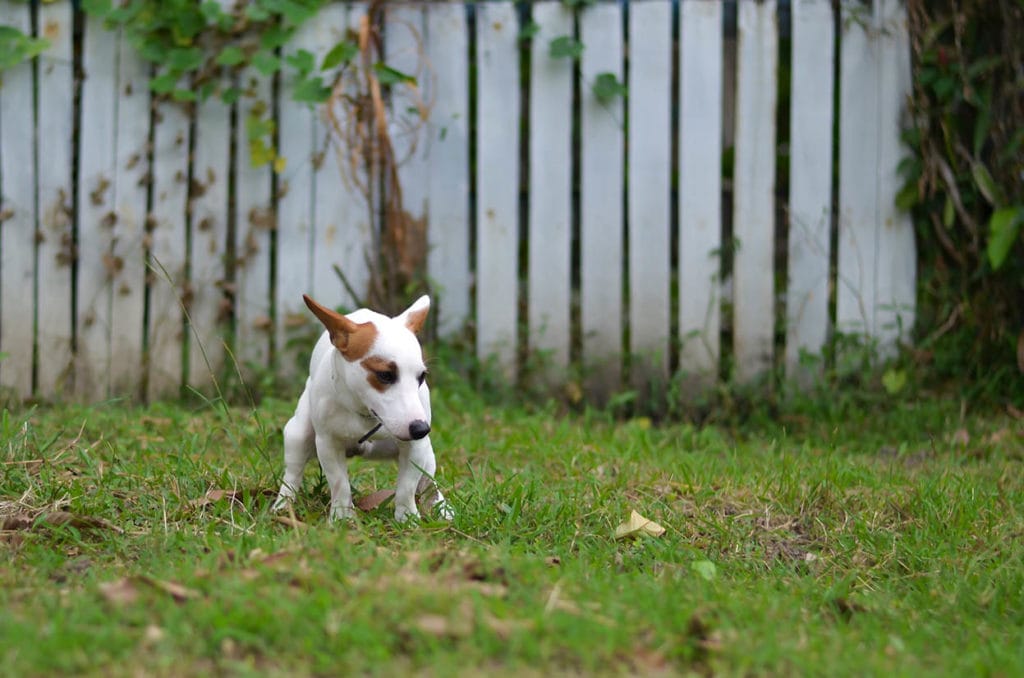
Puppies poop more frequently than older dogs. If your dog is still young, growth spurts and metabolism changes are occurring that can cause increased pooping.
Alternatively, if your dog is a senior, they may be feeling the urge to poop more as they age. This can cause them to poop in the house too. If they are suffering from dementia or incontinence, they may not have the ability to hold it until they get outside.
What to Do
With puppies, wait it out. Eventually, their bowels will regulate, and they will have a regular bathroom routine. Taking them out more frequently may also be helpful. For senior dogs, consider adjusting to their needs. They may need more frequent potty breaks or potty pads in the house. These things can help them when holding it isn’t an option during inconvenient times, like overnight or during the day when you’re at work.
6. Diarrhea
Diarrhea is watery, mucus-filled stool that is usually indicative of a problem. If your dog has diarrhea, they could be pooping well over five times a day. There are several causes of diarrhea. While most cases clear up on their own, your vet should be contacted if it doesn’t stop. In some cases, diarrhea can be indicative of an underlying health issue. Here are common causes of diarrhea:
- Sudden diet change
- Eating something harmful
- Food allergies
- Parasites
- Viral infections
- Medications
What to Do
Try to manage the diarrhea at home to see if it stops. Offer your dog small quantities of boiled chicken breast and cooked white rice. A bland diet will help settle the stomach and be easy on digestion.
Make sure plenty of clean water is available at all times. If your dog’s diarrhea doesn’t clear up or at least improve within 48 hours, contact your vet. If your dog has any of the following symptoms, skip the home management and contact your vet right away:
- The poop is bloody or black.
- The dog is weak or lethargic.
- The dog is dehydrated.
- The dog won’t eat or drink.
- The dog is vomiting or has frequent, urgent needs to go to the bathroom.
- The dog has a painful or swollen stomach.
If you need to speak with a vet but can't get to one, head over to PangoVet. It's our online service where you can talk to a vet online and get the advice you need for your pet — all at an affordable price!


When to Worry
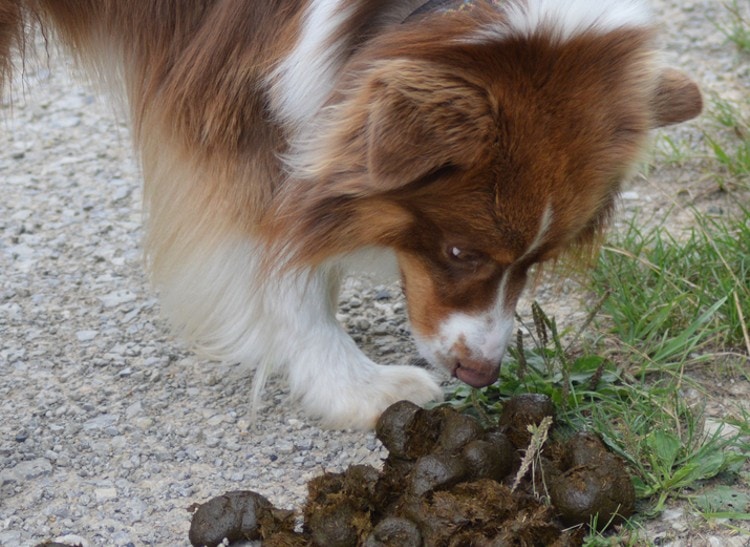
Your dog should be pooping regularly, which is different for each dog. If your dog has always pooped three times a day and the vet has given them a clean bill of health, then that’s normal for them.
If your dog suddenly goes from pooping three times a day to six times a day, you’ll have to figure out what’s going on. Normal poop is moist and firm and doesn’t have an overpowering odor.
Your dog should poop at least once every 24 hours. This can change occasionally. If your dog goes 2 days without pooping, it’s not a cause for concern. If they regularly go for longer than 24 hours without pooping when they never did before, though, checking with your vet is a good idea to rule out any health problems.
Healthy dogs can typically poop between one and five times per day. The most important thing to watch for is consistency.

Conclusion
What might seem like a large amount of poop per day for one dog may be the normal amount for another. Dogs usually poop between one and five times each day.
If you notice changes in your dog’s pooping habits, such as frequency, color, firmness, or if there’s any blood in the stool, contact your vet right away. We hope that you’ve learned why your dog could be pooping so much and what you can do about it.
See also:
Featured Image Credit: Javier Brosch ,Shutterstock
